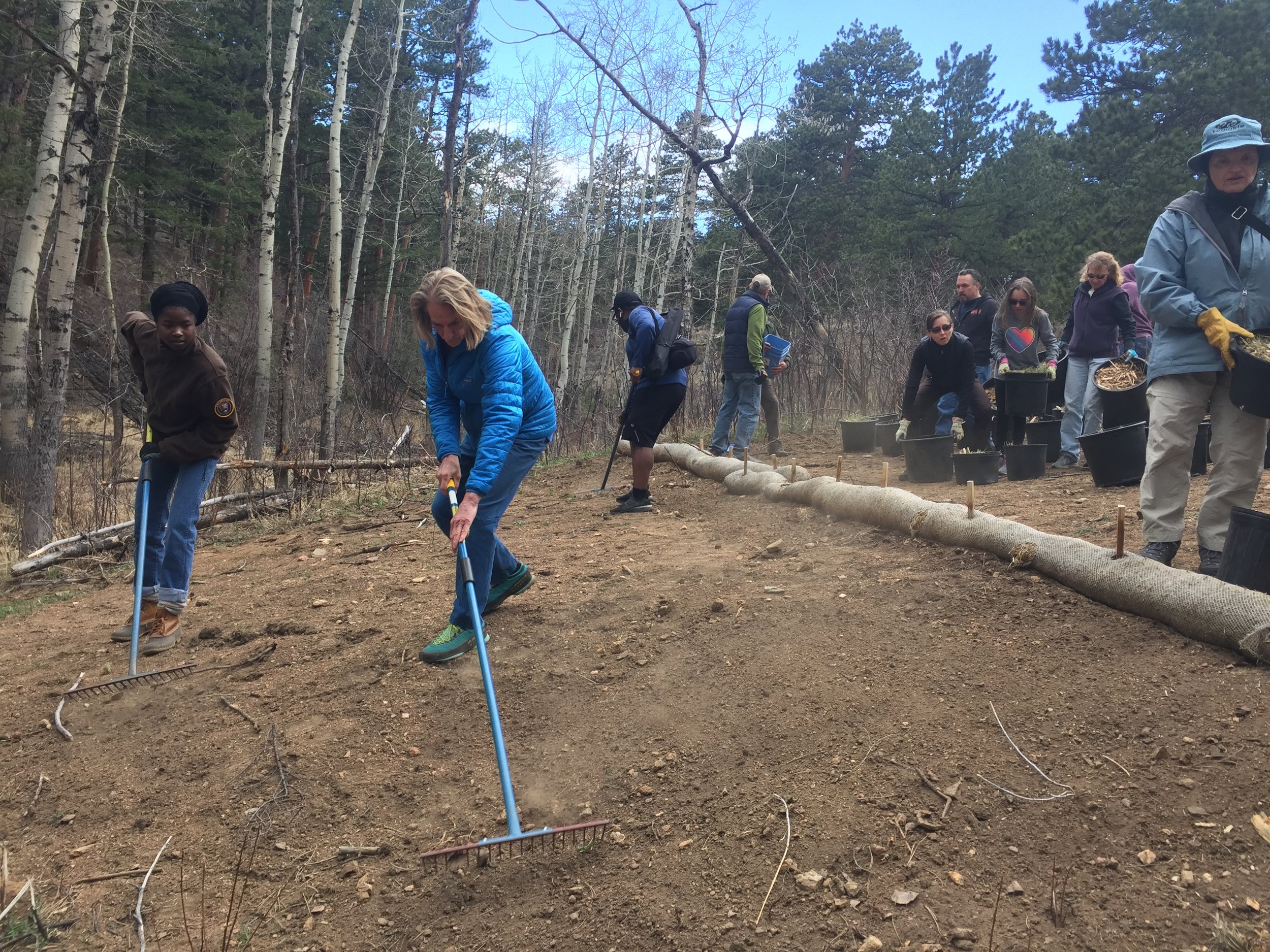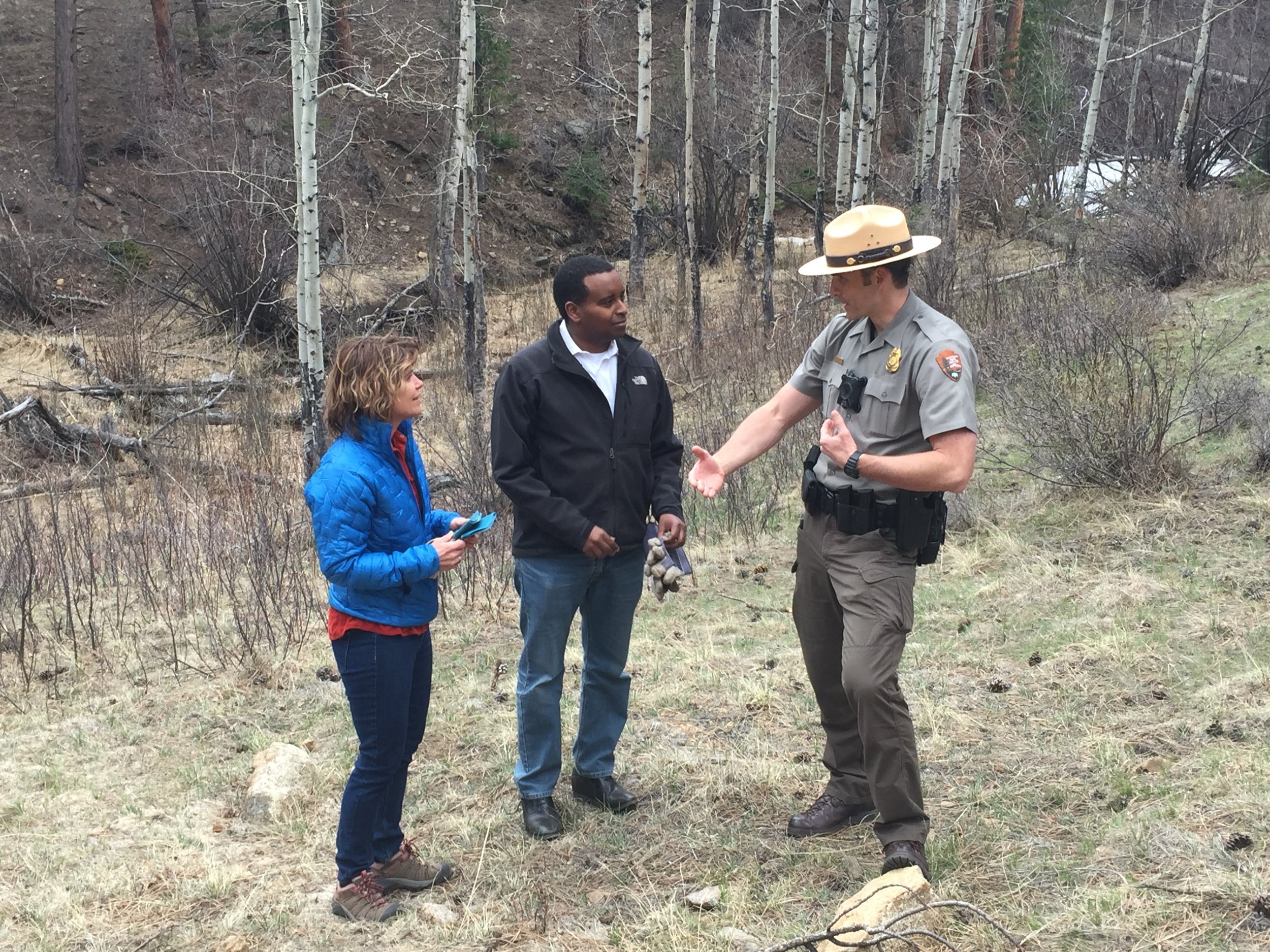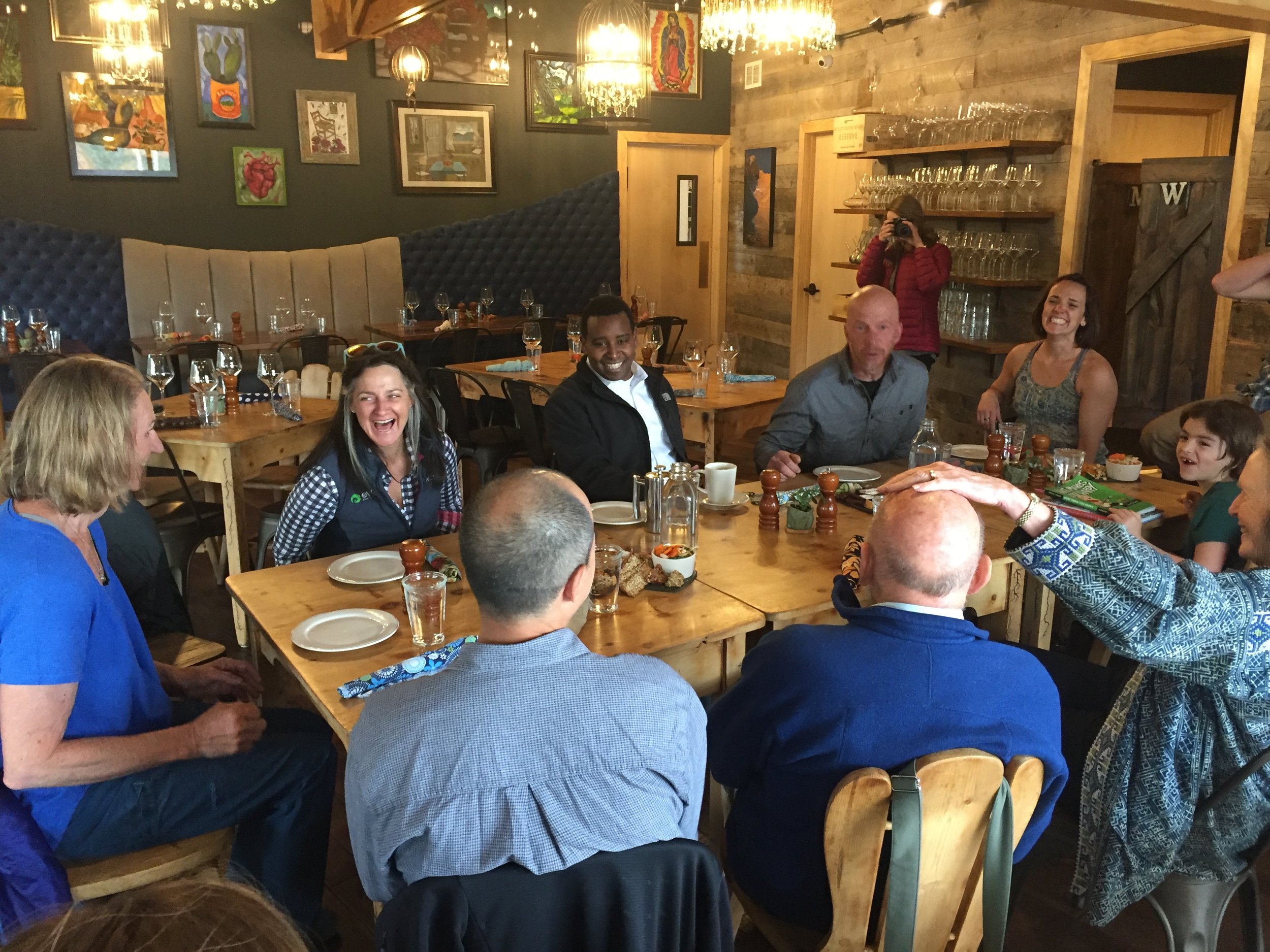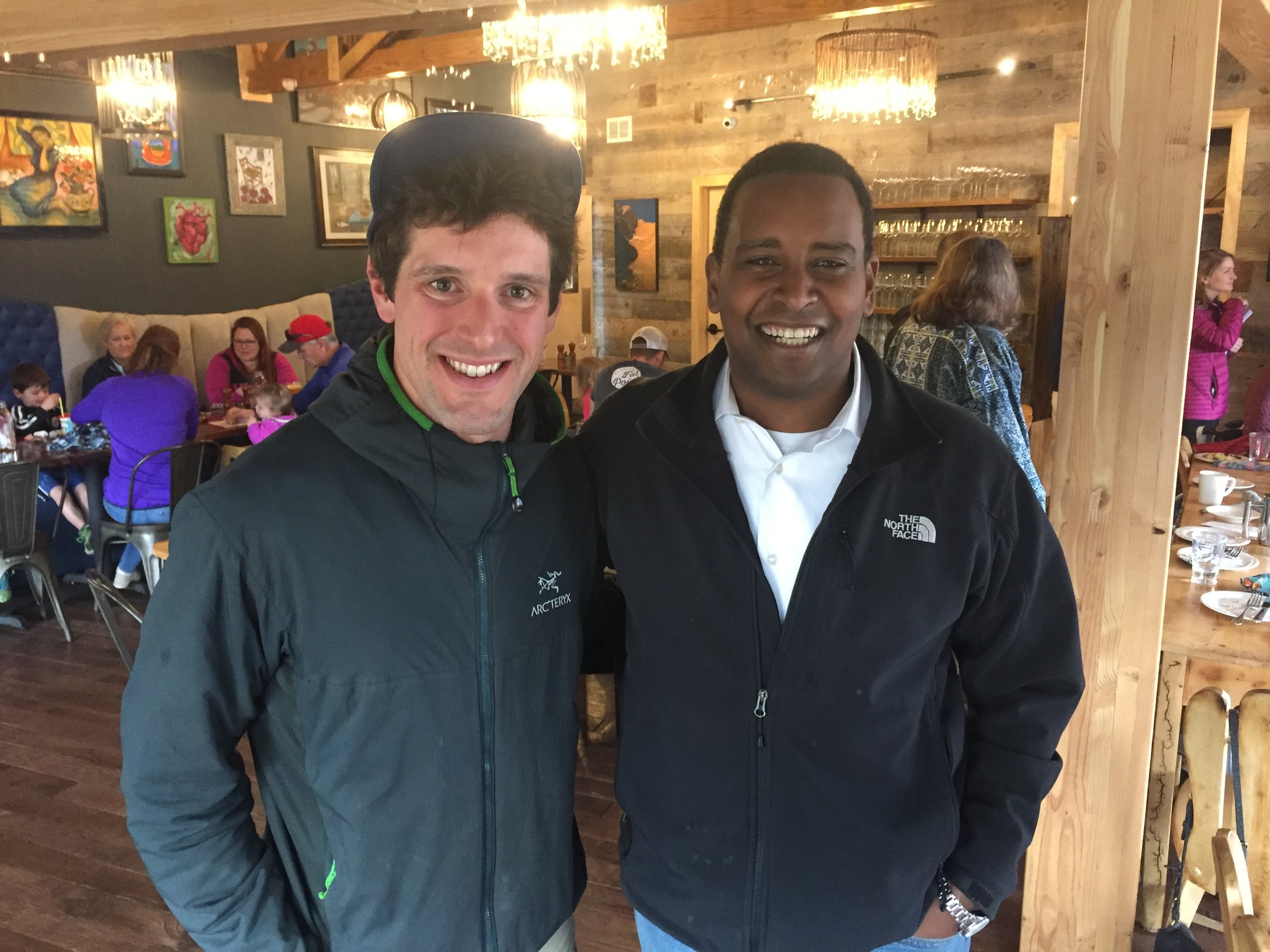The words “tariff” and “trade wars” are plastering the newscycle this month. With 25% tariffs in effect and more drama brewing between the U.S. and China, we wanted to unpack what tariffs are, the impact they have on the outdoor recreation economy, and what we can do to support outdoor retailers and the towns impacted by the economic blows during this time.
In short, tariffs are taxes on global imported goods received at the ports of entry. Governments utilize tariffs as a tool to keep American spending within our country to increase the national economy. By raising prices on imported products, retailers then have to sell these items for more money creating an incentive for consumers to purchase lower-cost American goods.
The current administration has announced that it is committed to “American Protectionism,” which puts American businesses and manufacturing first in order to tax our global competitors. What complicates this notion is our modern day global economy. Many finished products purchased in the U.S. either contain material parts imported from other countries or were assembled in different countries around the world. Applying tariffs aren’t so cut and dry.
Zooming out a bit, it is important to remember the impact that the outdoor recreation economy has on the greater U.S. economy. According to the Outdoor Industry Association’s (OIA) latest report on The Outdoor Recreation Economy, released in 2017, outdoor recreation raised over $880 billion in consumer spending and generated 7.6 million jobs, and these numbers continue to grow annually. Outdoor recreation is a powerful force in the U.S. economy and outdoor industry leaders need a spot at the table when discussing taxes that impact their industry.
Currently, there are 25% tariffs on imported steel from select countries and 10% on imported aluminum. As an example of potential tariff impacts on the climbing community, camalots are made from steel (piece on Black Diamond cams here). Meaning it could potentially cost 25% more to manufacture cams abroad, which most companies do, including major players like Black Diamond and Metolius. The total cost of the steel tariff alone is $15.5 billion. While these numbers are jarring, according to research and reporting done by OIA, the hardest part of the ongoing tariff wars aren’t the tariffs themselves, but the “unpredictability of the Trump administration’s trade policies.”
Companies often release pricing for next years’ product line in advance, so any modifications may present a challenge. Once tariffs are in place, companies are forced to either raise prices significantly for the consumer or to simply absorb the cost internally. Companies are then required to be reactive rather than proactive in their planning, negatively impacting innovation, design, customer service, and internal human resources.
When it comes to getting outdoors, The American Alpine Club doesn’t want to see tariffs creating additional barriers. According to an article recently published by OIA, Patricia Rojas-Ungar, OIA’s Vice President of Government Affairs, stated that all sorts of gear from “jackets to backpacks to hiking boots will see increases in tariffs of up to 30%.” She goes on to warn that due to these dramatic increases, businesses in the outdoor industry will be forced to make “drastic decisions” like hiring fewer employees. Or for smaller businesses, potentially closing their doors all together. She concludes by stating that the trade wars “have to stop, and real trade negotiations need to begin in earnest. . . . [k]nee-jerk reactions have long term devastating impacts on Americans, and we need Congress to stand up for its constituents.”
OIA has created an Action Alert - tell your representatives that the tariff wars are negatively impacting you and your greater outdoor recreation industry.









